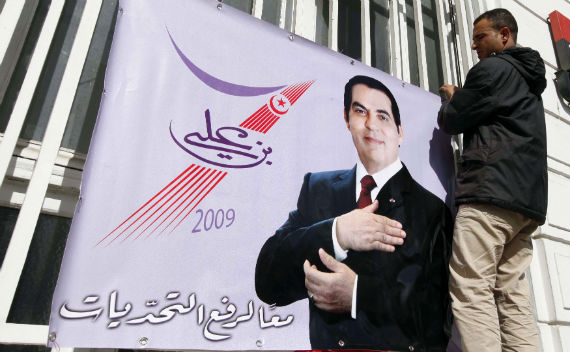Is Tunisia Next?
More on:

Tunisia is not a very important country, but the fall of its twenty-three year old dictatorship could nevertheless be significant.
Day after day of demonstrations at the end of 2010 proved able for the first time to defy the security forces. President Ben Ali removed the governor of the relevant province and blamed his own ministers, and in a TV speech denounced the demonstrators, but he has no answers to the demands for freedom and prosperity. His police state control of the streets and the communications media is failing. Systems like Ben Ali’s are maintained by fear, and the fear is disappearing. One Tunisia expert describes the current situation well here.
What’s next? The regime has no real alternatives except members of Ben Ali’s family, a solution unlikely to satisfy Tunisian society. While his wife is said to view herself as a successor, and this might have worked ten years ago, the time for an Argentine-like hand-off to the ruler’s wife is over. Perhaps Ben Ali’s police will reassert themselves, for a while; it’s always dangerous to bet against regime brutality. But to me the protests of late December 2010 suggest that the regime has no future. Tunisia, whose literacy rate has long been the highest in Africa at nearly 80 percent and whose per capita GDP is about $8,000, should have the ability to sustain a democratic government—once the Ben Ali regime collapses. Tunisians are clearly sick of looking at all the giant photos and paintings of Ben Ali that appear on walls, posters, and billboards all over the country. And when that regime does fall, what happens next will be significant throughout the Arab world. If Tunisia can move toward democracy, Algerians and Egyptians and even Libyans will wonder why they cannot. This kind of thing may catch on. In fact, in Algeria it may already be catching on.
More on:
 Online Store
Online Store
